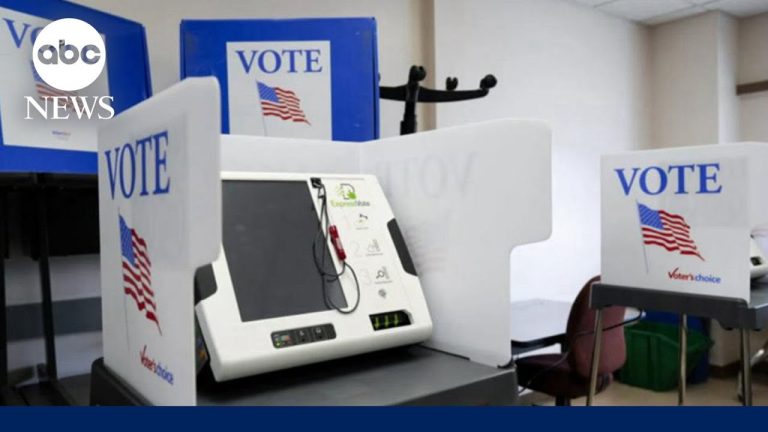What is the American Legislative Exchange Council (ALEC)?
-By: Nick Surgey
January 31, 2012- For almost 40 years now, up to 300 of the largest US corporations—including Koch Industries, Verizon, Bank of America and Exxon—have used ALEC to push model legislation, which is beneficial to their corporate interests, into law in the states. ALEC boasts that a third of all state legislators in the US are members, introducing around 1,000 ALEC bills every year. By using ALEC to pursue their agenda, they are able to hide their fingerprints, avoid lobbying disclosure, and evade the kind of increased scrutiny that comes when citizens know it’s actually corporationsthat draftedsome of their most important laws. Recent ALEC bills have rolled back voting rights, reduced environmental protections and stripped away collective bargaining rights for workers around the country.
When Florida Rep. Rachel Burgin (R- 56) introduced a bill in November calling on the federal government to reduce taxes for corporations (HM 685), she made an embarrassing mistake. Rep. Burgin was introducing a bill she had received from the corporate-funded American Legislative Exchange Council. A bill written by the Tax Foundation, corporate members of ALEC’s ‘Tax and Fiscal Policy task force” and a group founded and funded by major corporate interests, including the billionaire Koch brothers.

All ALEC model resolutions contain a boilerplate paragraph, describing ALEC’s adherence to free market principles and limited government. When legislators introduce one of ALEC’s bills, they normally remove this paragraph. Sometimes (but only sometimes) legislators will make some slight alterations to anALEC model bill,perhaps to include something specific to them or to their state. Rep. Burgin didn’t do that. Instead she introduced a bill that was the same as the model word-for-word, forgetting even to remove the paragraph naming ALEC and describing its principles.
As a Texas Governor might say; “Oops!”
The next day, Rep. Burgin quickly withdrew the bill hoping that no one had noticed and then re-introduced it 24-hours later, with a new bill number (HM 717), but now without the problematic paragraph. Nobody seems to have noticed until now.








